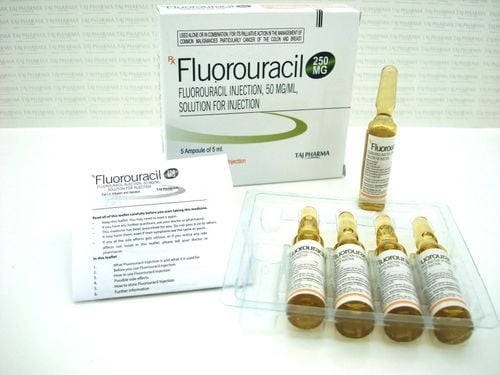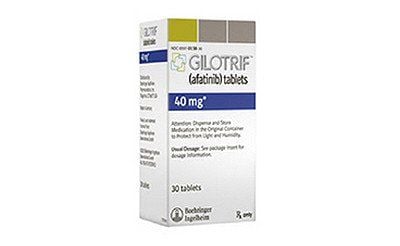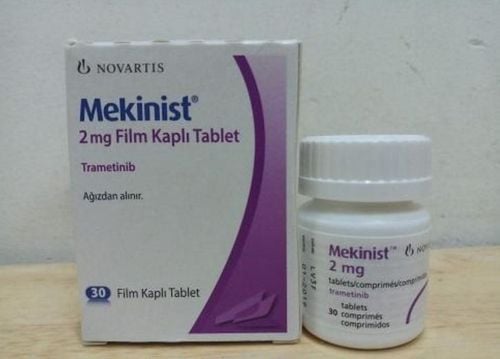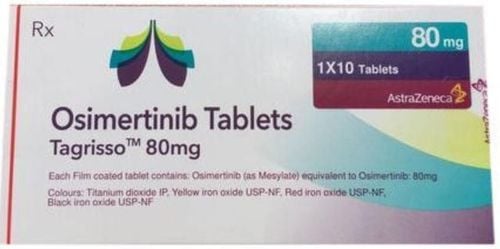This is an automatically translated article.
Seaweed comes in many colors such as red, green, brown or black. Seaweed grows on coasts around the world, but is commonly used in Japan and Korea. Seaweed has a high nutritional value and can be made into a variety of dishes, including sushi rolls, soups, salads and supplements.
1. What is the effect of seaweed?
1.1. Supports thyroid function The thyroid gland needs iodine to make hormones for the body. Without enough iodine, you may experience symptoms such as weight changes, fatigue, or neck swelling. The recommended dietary intake of iodine is 150 mcg per day.
Seaweed absorbs concentrated iodine from the ocean, so a sheet of dried seaweed can meet up to 11 - 1989% of daily iodine needs. Japanese seaweed also contains the amino acid tyrosine, which produces important hormones for the proper functioning of the thyroid gland.
1.2. Seaweed provides vitamins and minerals Each type of seaweed contains many specific nutrients. Sprinkle some dried seaweed on food not only to enhance the taste, but also to add vitamins and minerals.
In general, 1 tablespoon of dried seaweed can provide adequate calories, carbs, protein, fat and fiber, riboflavin, thiamin, iron, manganese, copper. Seaweed also contains a handful of vitamins along with folate, zinc, Na, Ca and Mg.
Protein contained in spirulina and green algae contains all the essential amino acids. This food is also a good source of omega-3 fatty acids and vitamin B12.
1.3. Rich in powerful antioxidants Antioxidants can make free radicals less reactive. Furthermore, an excess of free radicals is the underlying cause of several diseases, such as heart disease and diabetes.
In addition to antioxidant vitamins, seaweed contains many beneficial plant compounds, including flavonoids and carotenoids. These substances have been shown to protect cells from the harmful effects of free radicals.
Fucoxanthin is abundant in brown algae - such as wakame, which has 13.5 times more antioxidant capacity than vitamin E and superior cell membrane protection than vitamin A.
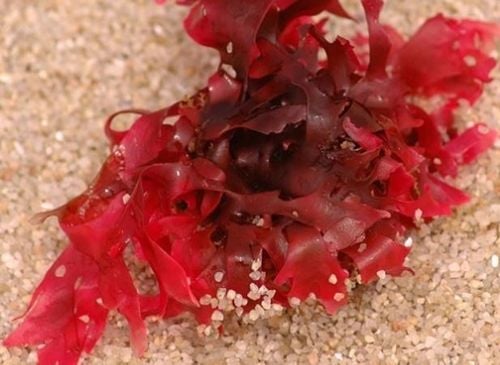
Tảo biển có giá trị dinh dưỡng cao với nhiều loại vitamin có lợi cho sức khỏe
1.4. Supports gut health Seaweed is an excellent source of fiber, higher than most fruits and vegetables, which promotes gut health. In addition, the special sulfated polysaccharides found in seaweed have been shown to increase the growth of beneficial bacteria in the gut. These substances are also capable of promoting the production of short-chain fatty acids, which support and nourish the cells lining the intestines.
1.5. Supports weight loss Seaweed contains a lot of non-calorie fiber, which slows down the emptying of the stomach, so you will feel full for longer and less hungry.
Seaweed can also fight obesity. For example, animal research shows that fucoxanthin in seaweed helps reduce body fat, increase the expression of fat-metabolizing proteins, and significantly lower blood sugar levels.
1.6. Reducing the risk of heart disease Seaweed may help lower blood cholesterol, which increases the risk of heart disease. Seaweed also contains carbohydrate fucans, which can help prevent blood clots. Researchers are also looking at whether peptides in seaweed help prevent hypertension.
1.7. Reducing the risk of type 2 diabetes Research shows that fucoxanthin from brown seaweed improves blood glucose control. Furthermore, another substance in seaweed, alginate, can reduce the absorption of sugar into the bloodstream after eating a high-sugar meal.
Other research shows improved blood sugar levels when seaweed extracts are added to the diet.
2. Seaweed has cancer prevention properties
Some of the antioxidant minerals (such as Mn and Zn) in seaweed help fight oxidative stress and may protect heart health and prevent cancer. One of the most impressive health benefits of wakame Japanese seaweed is its ability to suppress the growth of cancer cells. Research in mice shows that eating wakame seaweed helps prevent the growth and spread of breast cancer cells. From there, researchers believe that seaweed may help reduce estrogen levels and the risk of developing breast cancer in women.Another study showed that compounds extracted from wakame seaweed effectively inhibited the growth of kidney and colon cancer cells. A group of compounds found in brown kelp (kelp), wakame and kombu may help prevent the spread of cancer cells. For example, research on cells indicates that the compound fucoidan in kelp may also prevent the spread of lung and prostate cancer.
Overall, adding seaweed to the diet may help reduce the risk of developing certain types of cancer. However, it is also necessary to avoid consuming too much seaweed because it will increase the amount of iodine in the body, adversely affecting the thyroid gland. To achieve maximum effect, experts recommend using only a moderate amount of seaweed and maintaining it regularly every day.
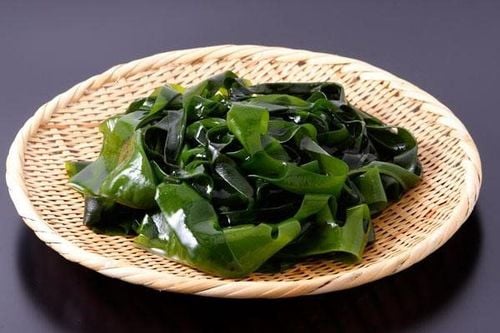
Tảo biển Nhật Bản Wakame có tác dụng trong việc phòng chống ung thư
3. Instructions on how to choose good seaweed
Seaweed can be purchased fresh or dried in most supermarkets. Even the Japanese seaweed Nori used to roll sushi is available at regular grocery stores. Other types of algae come in a variety of forms, which you can make into a variety of dishes or take seaweed pellets as a supplement. Seaweed can be a healthy and nutritious choice for any diet, paired with a variety of fresh vegetables and nutrient-dense foods.
However, consuming a concentrated amount of seaweed can introduce too much iodine into the body, which is not suitable for people with hyperthyroidism. Algae and other sea vegetables get minerals from the waters they live in. Studies show that they can also absorb heavy metals such as arsenic, cadmium and lead that are dangerous to health. To reduce this risk, choose to buy certified organic algae and products that have been tested for arsenic.
Please dial HOTLINE for more information or register for an appointment HERE. Download MyVinmec app to make appointments faster and to manage your bookings easily.
Reference source: healthline.com






